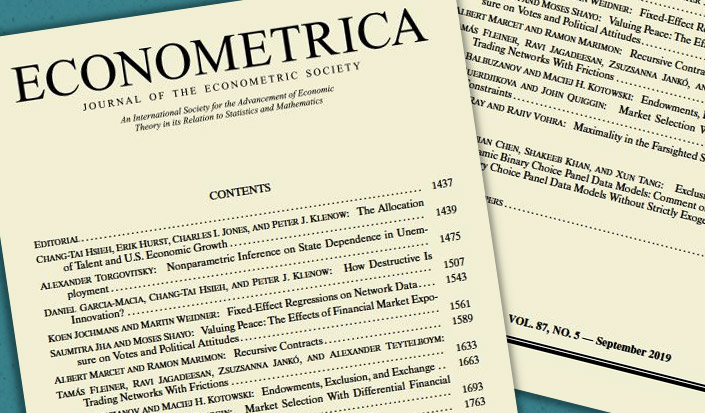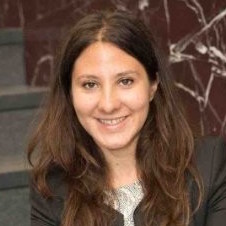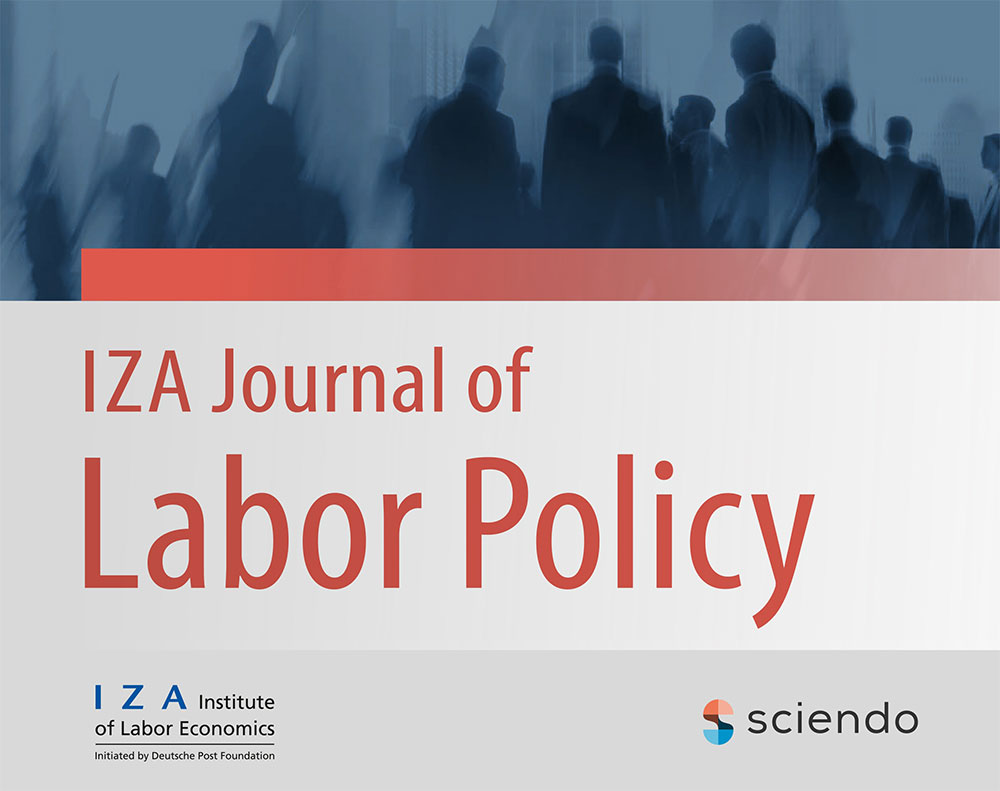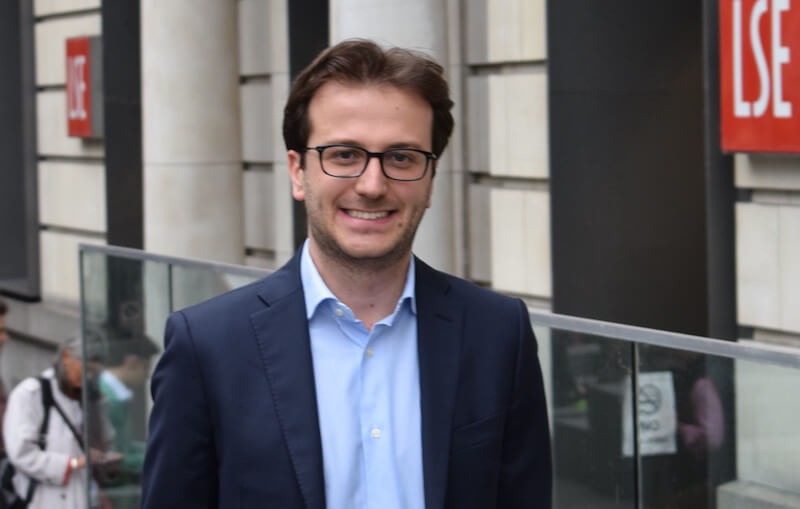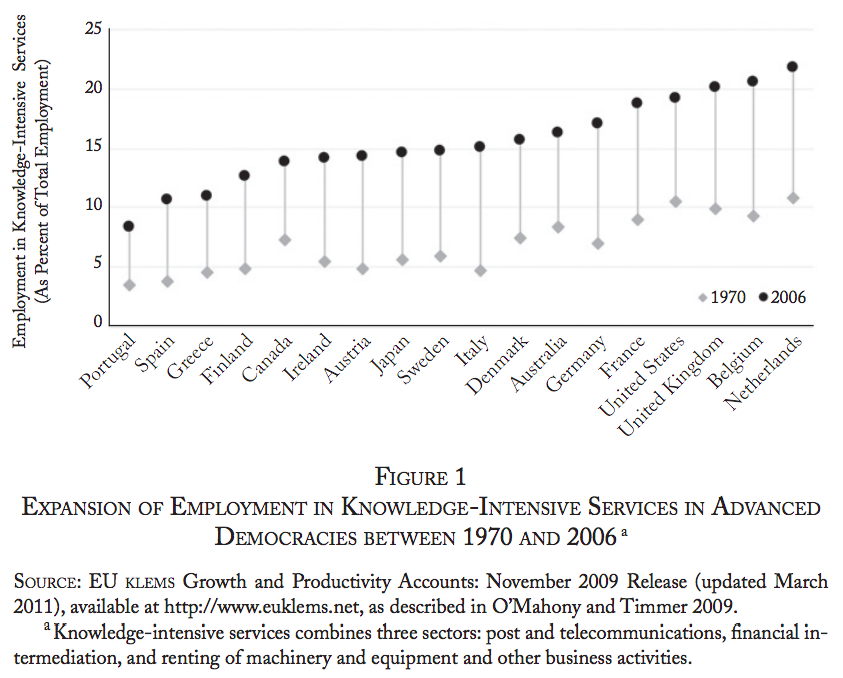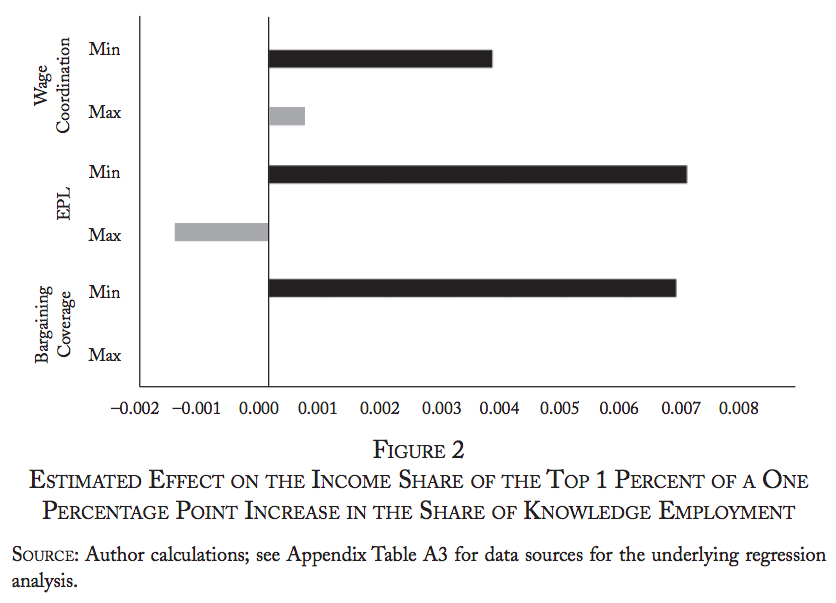
My first paper from PhD is out in the European Journal of Health Economics: “Measuring horizontal inequity in healthcare utilisation: a review of methodological developments and debates”
Paper abstract
Equity in healthcare is an overarching goal of many healthcare systems around the world. Empirical studies of equity in healthcare utilisation primarily rely on the horizontal inequity (HI) approach which measures unequal utilisation of healthcare services by socioeconomic status (SES) for equal medical need. The HI method examines, quantifies, and explains inequity which is based on regression analysis, the concentration index, and the decomposition technique. However, this method is not beyond limitations and criticisms, and it has been subject to several methodological challenges in the past decade.
This review presents a summary of the recent developments and debates on various methodological issues and their implications on the assessment of HI in healthcare utilisation. We discuss the key disputes centred on measurement scale of healthcare variables as well as the evolution of the decomposition technique. We also highlight the issues about the choice of variables as the indicator of SES in measuring inequity. This follows a discussion on the application of the longitudinal method and use of administrative data to quantify inequity.
Future research could exploit the potential for health administrative data linked to social data to generate more comprehensive estimates of inequity across the healthcare continuum. This review would be helpful to guide future applied research to examine inequity in healthcare utilisation.
About the author

Mohammad Habibullah Pulok ’12 is a post-doc researcher at Dalhousie University in Canada. He is an alum of the Barcelona GSE Master’s in Health Economics and Policy (now EPP).

